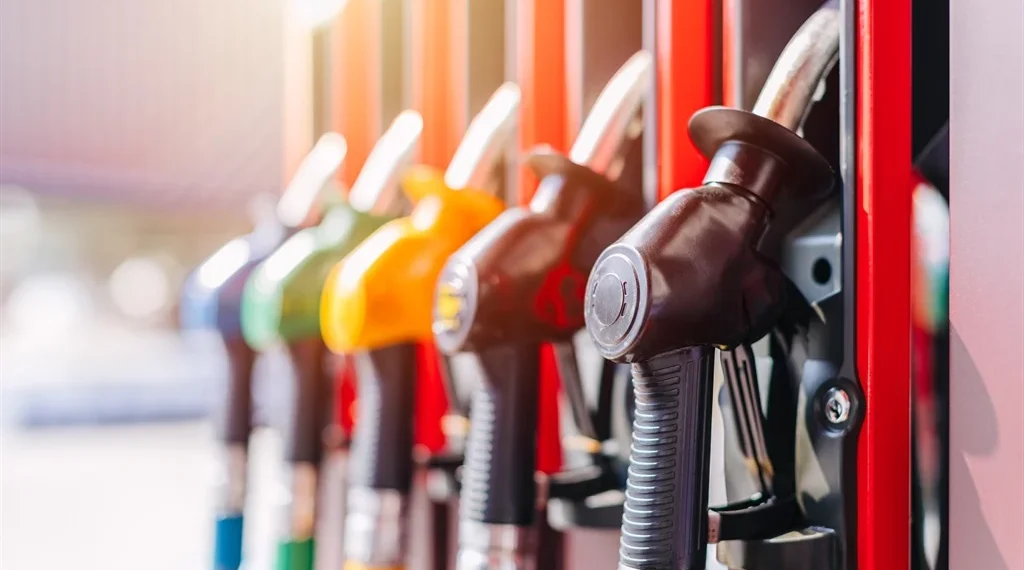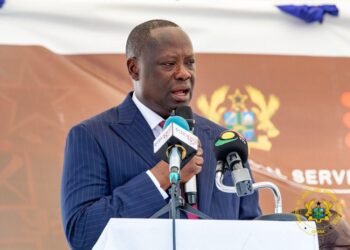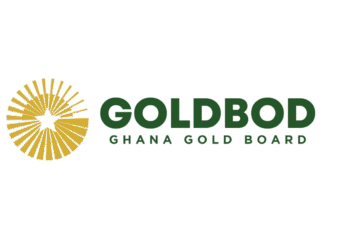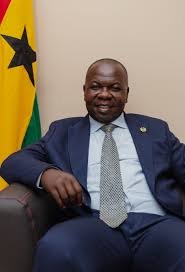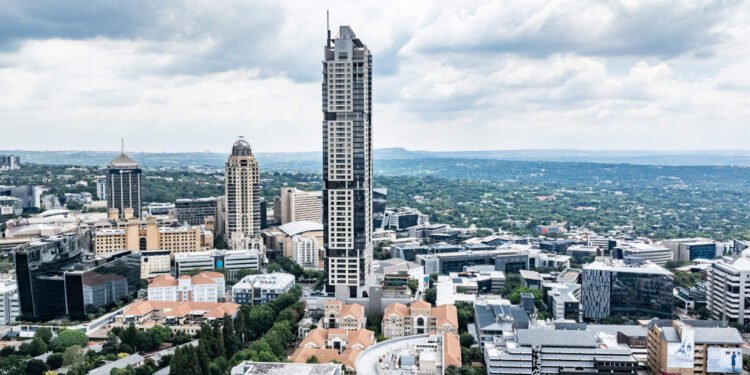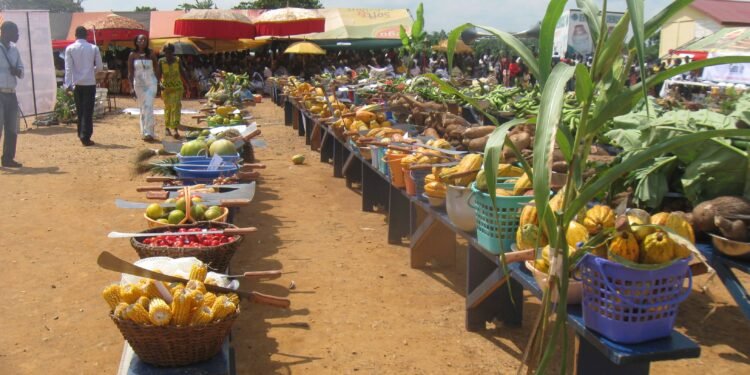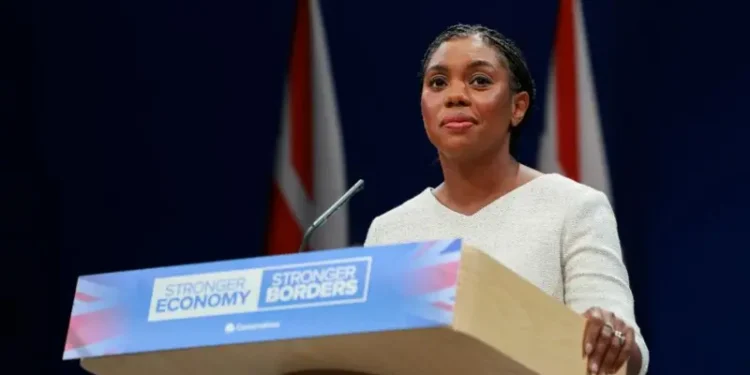The Government of Ghana and the Chamber of Oil Marketing Companies (COMAC) have officially reached a consensus to begin implementing the GH¢1 Energy Sector Shortfall and Debt Repayment Levy (ESSDRL) on Monday, June 16, 2025. The revised date replaces the previously mandated implementation of June 9, following a strong opposition from COMAC and other industry stakeholders.
The agreement was finalized after a series of emergency consultations between COMAC, the Ministry of Energy and Green Transition, the Ministry of Finance, the Ghana Revenue Authority (GRA), and the National Petroleum Authority (NPA). The one-week postponement offers Oil Marketing Companies (OMCs) the operational lead time required to realign pricing structures, update systems, and prepare inventories for the fiscal adjustment.
In a statement signed by its Industry Coordinator, Dr. Riverson Oppong, COMAC welcomed the revised timeline and praised the government for its willingness to listen and act on stakeholder feedback.
“The Chamber of Oil Marketing Companies (COMAC) wishes to formally acknowledge and commend the Ministry of Energy and Green Transition, the Ministry of Finance, the National Petroleum Authority, and the Ghana Revenue Authority for the constructive engagements held regarding the implementation date.”
Dr. Riverson Oppong, CEO and Industry Coordinator of COMAC

The breakthrough comes just hours after COMAC publicly opposed the GRA’s initial directive, which was issued over a public holiday and delivered during the weekend. The chamber had described the move as an “institutional ambush.”
COMAC said in a previous letter, “This approach is neither lawful nor operationally feasible. It smacks of coercion rather than governance,” rejecting the original June 9 start date.
COMAC’s primary concerns centered around inadequate notice, lack of prior consultation, and the absence of lead time required for logistics adjustments. The group requested a minimum two-week transition window, eventually settling for a one-week extension after deliberations.
Victory for Dialogue and Partnership
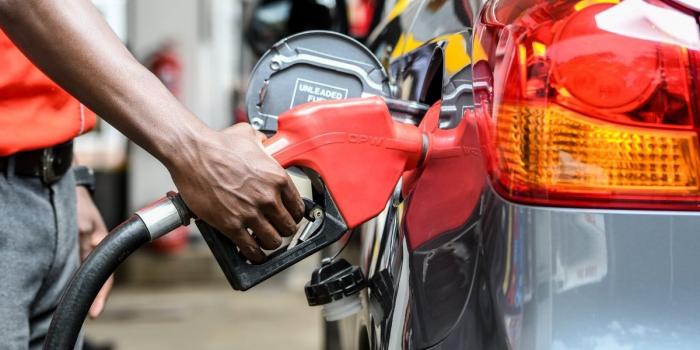
Dr. Oppong emphasized that the resolution showcases the power of constructive dialogue and institutional collaboration.
“This decision reflects the value of dialogue, partnership, and engagement among stakeholders. We extend our gratitude to all relevant institutions for their commitment to ensuring a smooth and sustainable implementation of the levy.”
Dr. Riverson Oppong, CEO and Industry Coordinator of COMAC
The chamber also reiterated its readiness to cooperate fully with the levy rollout, now that operational concerns have been addressed.
“Following our consultations and collaborative efforts, we are pleased to announce our alignment and satisfaction with the revised implementation date.”
Dr. Riverson Oppong, CEO and Industry Coordinator of COMAC
The new GH¢1 per litre levy, passed under the Energy Sector Levies (Amendment) Act 2025 (Act 1141), is designed to generate an estimated GH¢5.7 billion to tackle Ghana’s rising energy sector debt.

The sector currently faces a fiscal shortfall of over $3.1 billion as of March 2025, with mounting obligations to Independent Power Producers and fuel suppliers.
Finance Minister Dr. Cassiel Ato Forson had earlier justified the levy as a crucial intervention to stabilize electricity supply and prevent a return to debilitating blackouts, citing that a portion of the funds will be used to purchase liquid fuel for thermal generation and settle legacy debts.
However, the levy has faced criticism from civil society groups and consumers who fear increased pump prices amid an already challenging economic climate. The government argues that recent savings from the cedi’s appreciation—estimated at nearly GH¢4 per litre in fuel price reductions—should absorb the impact of the levy.
With the date now finalized, all stakeholders are expected to begin preparations in earnest. Oil marketing companies will adjust their systems to reflect the levy, while regulatory bodies are expected to monitor compliance.
COMAC reaffirmed its commitment to transparency and efficiency in working with authorities and ensuring consumers are well informed.
READ ALSO: Ghana Pursues $30 Million Paid for Tamale-Walewale Road Without Work Done

